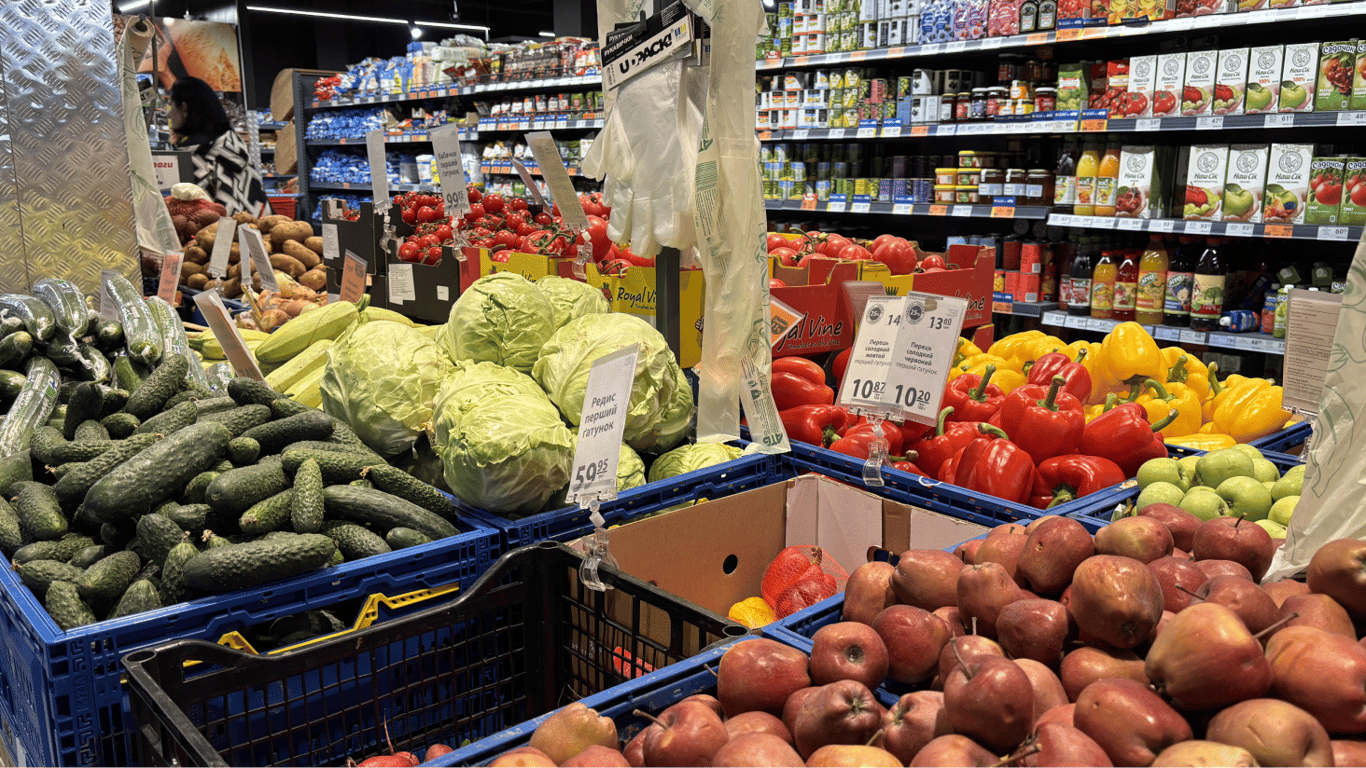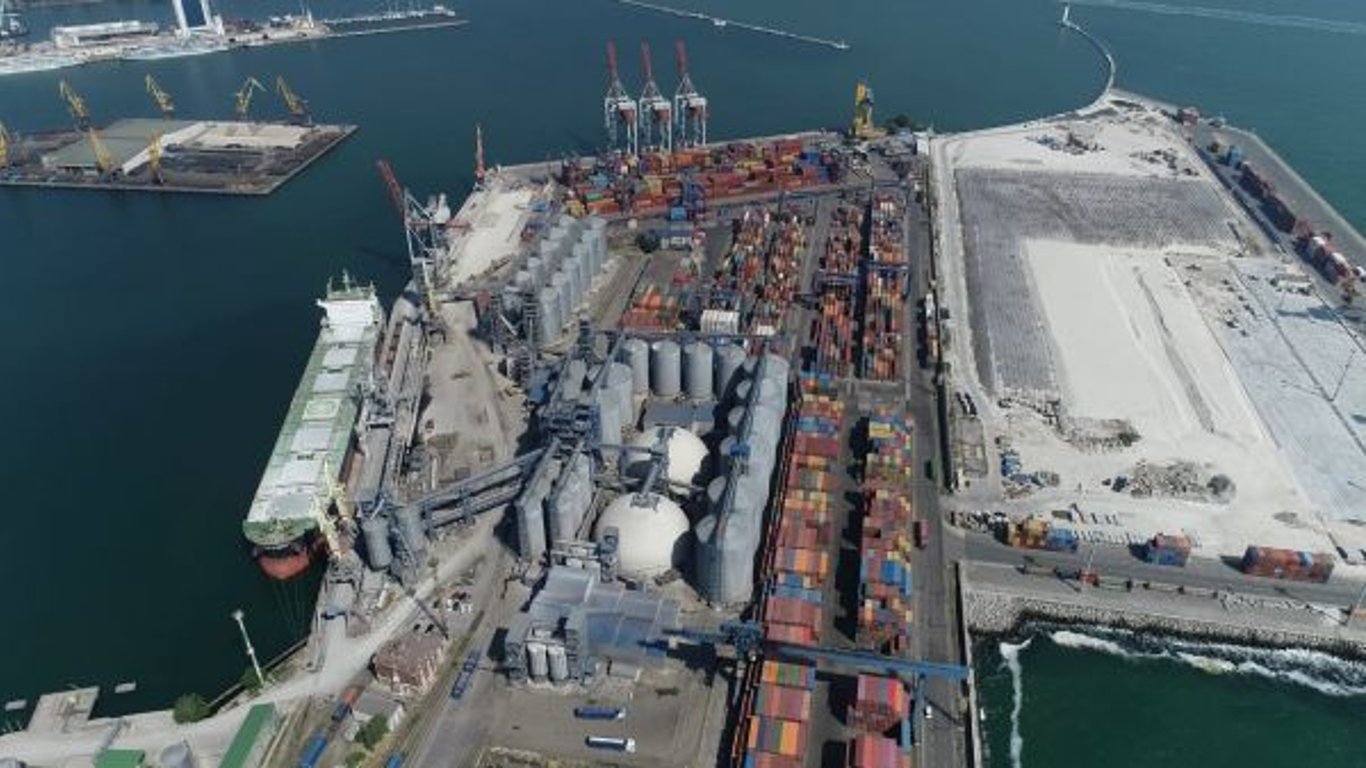What is a subsidy: definition of the term.


The financial system is incredibly diverse and interesting. There are many important nuances that also need to be taken into account. For example, what is a subsidy and who is eligible for this subsidy.
In simple terms, it is a certain kind of financial aid. It is issued by the government for specific needs. Therefore, such a subsidy is used to support certain activities. Besides the government, in rarer cases, large organizations may issue subsidies.
What is a subsidy: simple words about this term

To start with, a subsidy should primarily cover budget gaps. They are very important in the country's economy. A subsidy serves to equalize conditions. For example, if certain payments increase in the country, small businesses or certain sectors may begin to struggle. To rectify the situation, these businesses are helped to cover some expenses. This means that the government cannot reduce mandatory payments but can help cover them. Subsidies are always issued separately and do not apply to all citizens or enterprises.
A subsidy is a non-repayable form of funding provided to cover expenses or losses. The main difference between subsidies and loans or borrowings is that subsidy recipients are not obliged to return the provided funds. In other words, a subsidy is never paid back. It is a gesture of goodwill.

Subsidies are often used to support regions or industries that are experiencing economic difficulties or need stimulation for development. For example, subsidies may be provided to agricultural enterprises to compensate for adverse weather conditions or to regions with low income levels to equalize economic conditions. Such subsidies are issued in most cases.
What types of subsidies are there?
Different types of subsidies are needed for different kinds of assistance. Each type of subsidy is aimed at covering certain needs. Such assistance can vary in terms of goals, conditions for provision, and categories of recipients.

The main types of subsidies include:
-
From the government. The government allocates funds to support various sectors of the economy or regions of the country. Such subsidies help ensure social and economic stability.
-
Regional assistance. These subsidies are provided to regions to equalize budgets and ensure their ability to implement social and economic programs. They are often used to support less developed areas.
-
Assistance to specific enterprises. Enterprises may receive subsidies from the government or other organizations for production development, innovative projects, or recovery from crises.
-
Social direction subsidies. These subsidies are provided to specific groups of the population to ensure their social well-being. Examples of such subsidies include payments to low-income families, pensioners, or students.
-
Assistance for environmental protection. This refers to support for enterprises and projects that contribute to environmental protection, such as the implementation of eco-friendly technologies or environmental conservation activities.
Subsidies for agriculture are quite often issued. Such payments help support farmers and agricultural enterprises, especially in cases of adverse climatic conditions or changes in product prices.
What are the purposes of subsidies and how are they calculated?

Subsidies are provided based on various factors, such as the socio-economic status of the recipient, the income level of the region, or the need to stimulate a particular industry.
To calculate a subsidy, a fairly simple mechanism is used:
-
First of all, it is necessary to understand who needs subsidies. To do this, some analysis is conducted.
-
After that, funds are allocated. This means the process of allocating financial resources from the budget or fund, which are directed toward specific goals.
-
After the subsidies are allocated, control is conducted over where and how they are used. Government bodies and other supervisory structures monitor that the subsidies are used for their intended purpose. This is important to prevent fraud and misuse of funds.
In this process, there is also a so-called effectiveness evaluation. After subsidies are granted, their effectiveness is assessed. This may involve analyzing changes in the income level of the region, the state of the industry, or the social situation of the recipients.
A few words should be said about the goals of subsidies. First of all, they should help equalize economic conditions in the country. This pertains to both the equality of regions and alleviating economic pressure on certain industries. Overall, subsidies help equalize the economic status of regions with various income levels.
Subsidies are aimed at supporting enterprises. They are especially needed during economic crises when small enterprises struggle to meet tax obligations and utility payments. At the same Time, subsidies stimulate economic growth. Subsidies contribute to economic growth as recipients can use the funds for production development, equipment modernization, or employee training.

Through subsidies, some social strata can be supported. Social subsidies help low-income families, pensioners, and other vulnerable groups of the population improve their material status. One should not forget about environmental protection, for which subsidies are also allocated.
Subsidies can vary. Farmers may receive subsidies to cover losses from adverse weather conditions or changes in product prices, while industrial enterprises may receive subsidies for equipment modernization, production expansion, or innovation implementation. Educational institutions may rely on subsidies for research, and ordinary citizens may seek simple assistance. After all, social subsidies are aimed at supporting low-income families, disabled individuals, pensioners, and other vulnerable groups of the population. These subsidies help improve living standards and ensure access to basic services.
Read also
- Sale of Property Shares - What Co-Owners Should Know
- How prices for apartments in Odesa grew in 2025 - the cost near the sea
- Plus 200% to the price — which products have increased the most
- Over 80 subsoil areas to be auctioned and competed for - list
- If the garden is idle - can the land be leased?
- Americans Enter Odesa Port - Terminal Court Case









